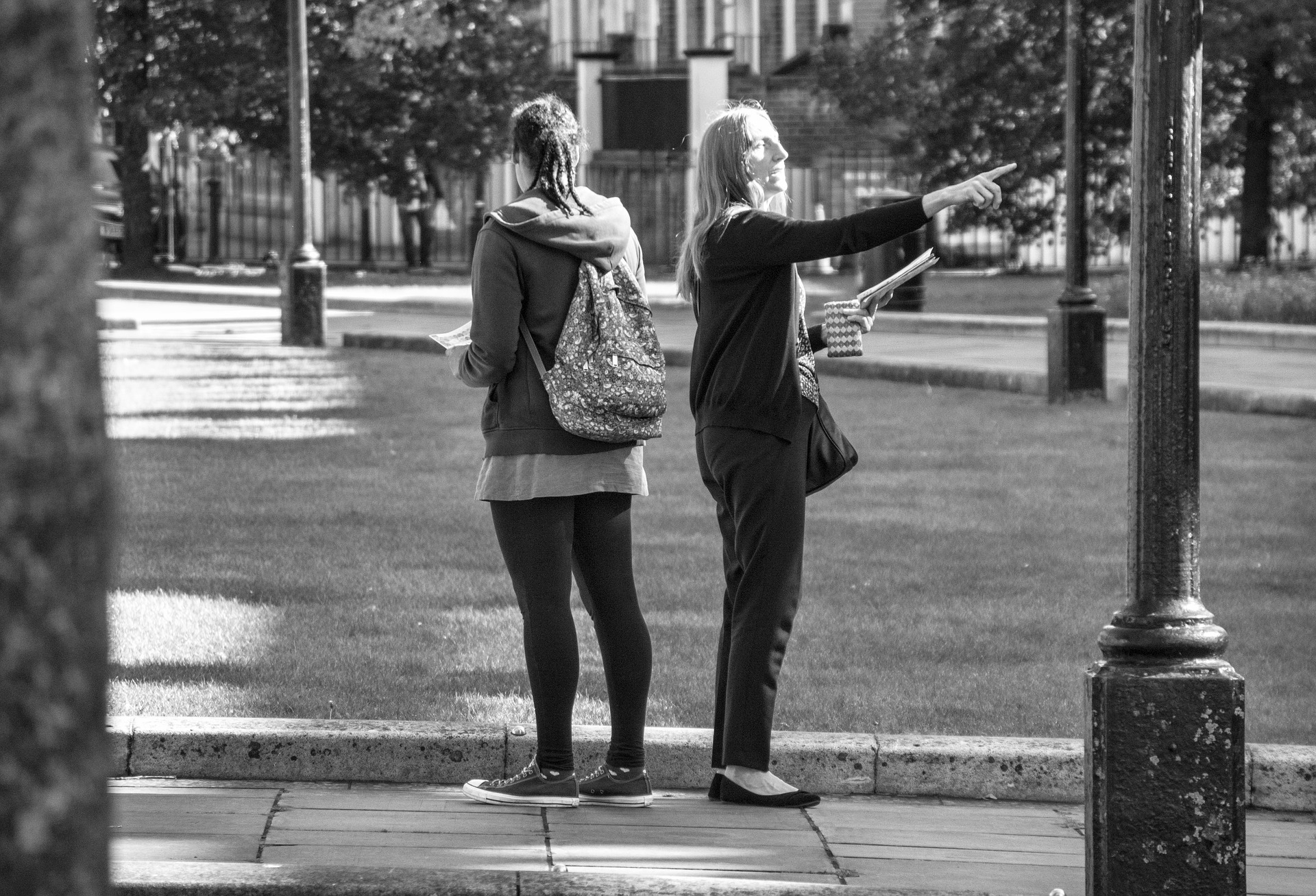Penny Mordaunt, the Minister for Women and Equalities, has unveiled a campaign to increase female working-class employment levels, focusing particularly on getting more women into well paid and high-skilled jobs. She said: “it will be our mission to ensure that every woman in the UK has as much freedom, choice, capacity, resilience, support, and protection, to do whatever she wants to do.” This is an ambitious plan for a country that, according to Philip Alston in the UN poverty envoy this week, was in breach of four UN human rights agreements relating to women, children, disabled people, and economic and social rights.
Mordaunt says the Government Equalities Office will provide £600,000 towards helping women returning to work, particularly those who have suffered from homelessness, domestic abuse, and mental illness. This sum seems insufficient when a fifth of the population live in poverty and any positive results may be counteracted by Conservative policies which perpetuate the aforementioned problems, through welfare cuts and the introduction of universal credit. Homelessness has risen by 169 per cent during Theresa May’s seven-year tenure in the Cabinet both as Prime Minister and Home Secretary. Polly Neate, chief executive of Shelter, blames the shortage of social housing, cuts to housing benefits, and failure to build new affordable homes. Meanwhile, one in three universal credit claimants is having their payments cut to cover late rent payments. Even if Mordaunt’s new scheme gets poor women back into work, they may become destitute again.
Universal credit encourages women to stay in abusive relationships, as it is paid to a household and not an individual. Since 2011 cuts to local governments have resulted in a thirty-one per cent cut to the charity Refuge, which supports abused women. As a result, women are less likely to escape hardships or succeed in getting employment. Mordaunt cites poor mental health as an issue. This has been rising while NHS services have been cut; the number of mental health hospital beds has fallen by almost a third since 2009. Mordaunt’s policy will only help the small number of working-class women who have managed to recover from mental illness. It is ironic that many of these women’s’ illnesses could be a direct result of living in poverty.
Mordaunt also wants to address the issue that women are more likely than men to be “in low-paid and low-skilled jobs,” especially those who have poor levels of English. Her party has made a good education more and more unreachable for such women. Mordaunt is a vocal advocate for the academy and free school movement, which, according to Diane Reay, Professor of Education at Cambridge University, “has made things worse for working-class children, with more segregation and polarisation.” Reay found, when researching her book on the subject, that £96m originally intended for improving underperforming [state] schools was redistributed to academies. Mordaunt has consistently voted in favour of raising university tuition fees; higher education is becoming inaccessible for those living in poverty. How Mordaunt expects £600,000 to help working-class women’s chances of getting into higher-paid, high-skilled jobs, given their disadvantaged education, remains a mystery.
According to Mordaunt, more than eight times the number of women than men are “economically inactive” because they are caring for their family. Besides the societal expectation that women should be the primary caregivers, it is evident that the government’s policies have made this preconception an economic reality. Usual maternity and paternity leave entitlement is not equal; comparatively, fathers get twenty-six times less paid leave than mothers and only receive two weeks off. Even the Conservatives’ recently introduced parental leave policy fails for the working classes because fathers, who are usually the higher-earners, cannot afford to take time away from work.
It is difficult for poor mothers to return to work post-maternity leave because of the increasing cost of childcare and child benefit cuts. Almost half of all nurseries in England are receiving less government funding than five years ago, with many being forced to close, leaving some women with no option but to give up work. Lone parents – almost always women – will lose about fifteen per cent of their net income on average by 2022 as a result of tax and benefit changes, including the child benefit cap, which Mordaunt voted in favour of. It is clear that for now and the foreseeable future, the odds are stacked against working-class women who want better paid, high-skilled jobs, and that it is financially impossible for many unemployed mothers to get work. The Women and Equalities Minister’s voting record reveals that Mordaunt is interested in anything other than what her ministerial post suggests.
It is clear from the small size of the fund that her new scheme is merely for show. The greatest irony is that the “multiple barriers [women face] to being independent” which Mordaunt cites in her proposal have in fact been perpetuated by her own party’s policies.

